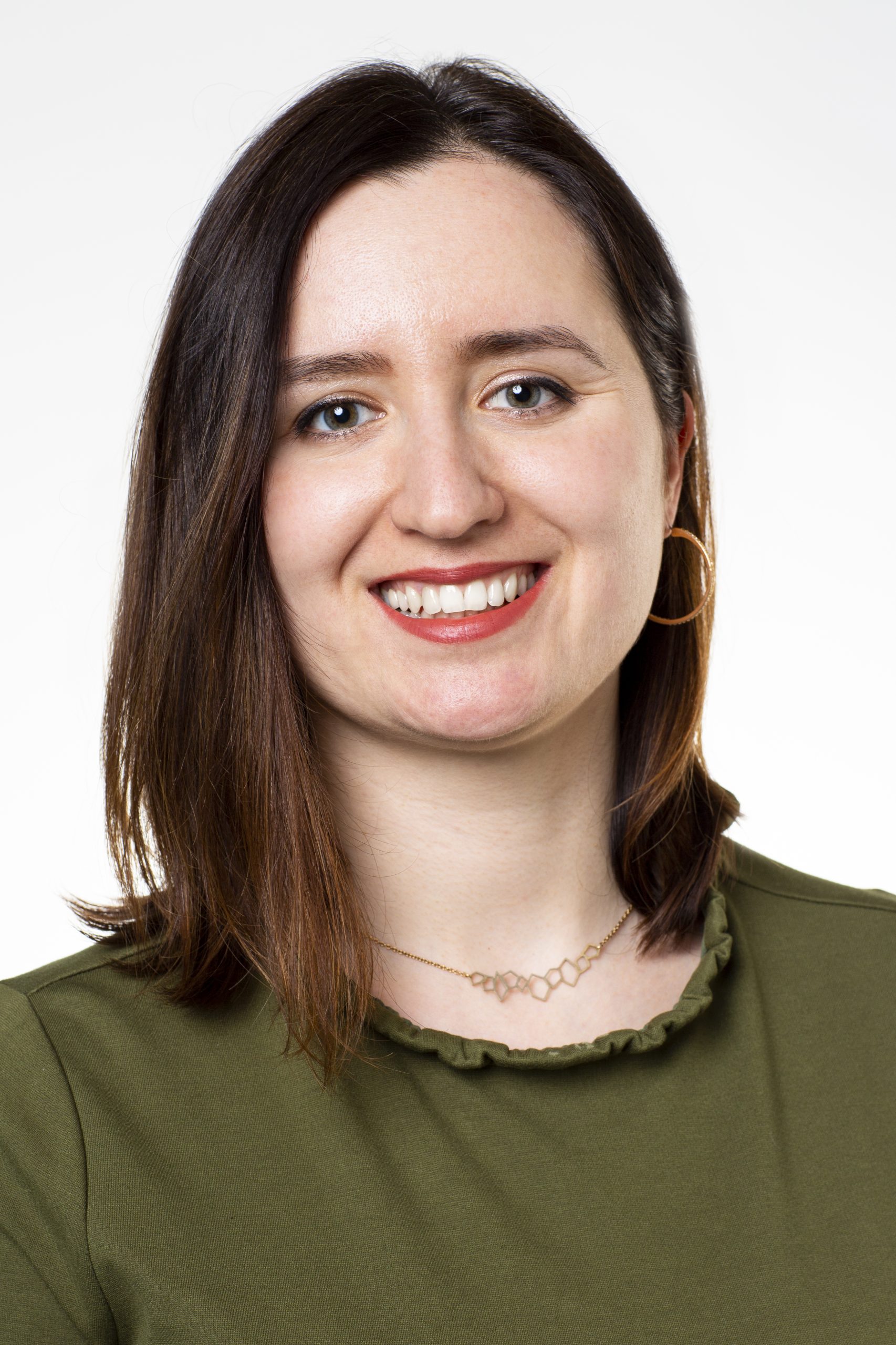About the Seminar
A central research goal in the Velian group is to create next-generation single atom catalysts poised to harness the cooperativity between the active site and chemically non-innocent supports. To emulate defect sites in inorganic heterogeneous catalysts in a controlled fashion, we embed well-defined active sites on the surface of clusters and 2D nanosheets.
The first part of this seminar will introduce a class of atomically precise nanoclusters distinguished by the presence of discrete active sites that engage dynamically with the non-innocent metal chalcogenide cluster support, and with substrates. Together with their scalable syntheses, solution processability and their ease of characterization using molecular methods, this family of nanoclusters provide atom level insights into the metal/support interface, and how the ensuing cooperativity can be harnessed to dramatically alter catalytic activity.
The second part of the talk will introduce an orthogonal approach to catalyst engineering, in which the basic principles of organometallic-phosphine chemistry are harnessed to anchor single atom active sites on the surface of two-dimensional black phosphorus nanosheets. Molecular synthetic and characterization strategies are leveraged to probe the bonding and functionality of the modified nanosheets.
About Alexandra Velian, Ph.D.
Alexandra began her independent career at the University of Washington in 2017. A central goal in the group is to create next-generation catalysts geared to turn green-house gases like methane and carbon dioxide into value added products. Our approach is to use molecular strategies to synthesize single-site catalysts that harness metal-support interactions, and shine light on processes that govern the substrate/active sites/support interactions.
Alexandra’s scientific and academic contributions have been recognized with several awards and distinctions, including the C&EN Talented 12 (2022), Cottrell Scholar Fellowship (2020), the NSF Career Award (2019), the Young Investigator Award – ACS Division of Inorganic Chemistry (2016) and the Alan Davison Prize for the Best Thesis in Inorganic Chemistry at MIT (2015).
Alexandra completed her undergraduate studies in chemistry at Caltech, where she conducted research primarily with Professor Theodor Agapie. As the first member of his group, she developed the synthesis of low-valent mono- and bimetallic complexes supported by a terphenyl diphosphine framework.
She received her Ph.D. under the direction of Professor Christopher C. Cummins at MIT, where she developed the synthesis of anthracene and niobium-supported precursors to reactive phosphorus fragments and studied their behavior using chemical, spectroscopic, and computational methods. Notably, this work gave rise to the synthesis of the 6π all-inorganic aromatic anion heterocycle P2N3−, produced in the “click” reaction of P2 with the azide ion.
Following her PhD, Alexandra was a Materials Research Science & Engineering Center postdoctoral fellow with Professor Colin Nuckolls at Columbia University, where she worked on creating well-defined functional nanostructures by linking atomically precise metal chalcogenide clusters.



